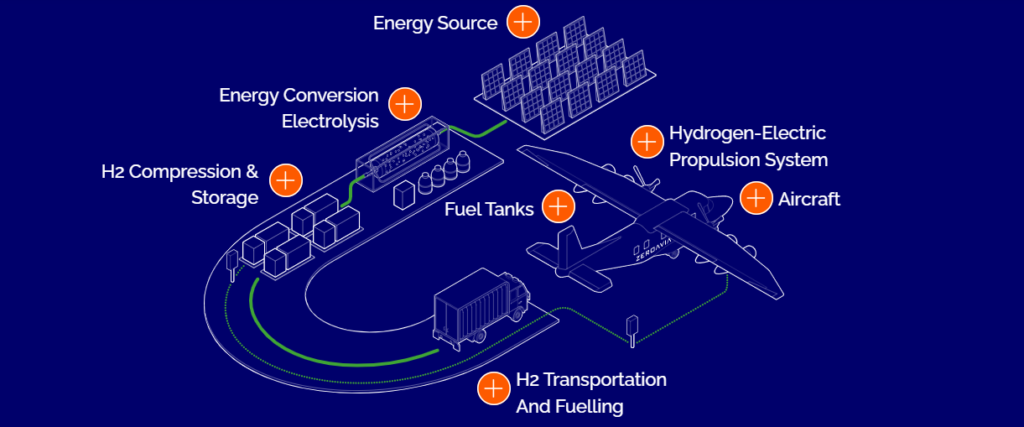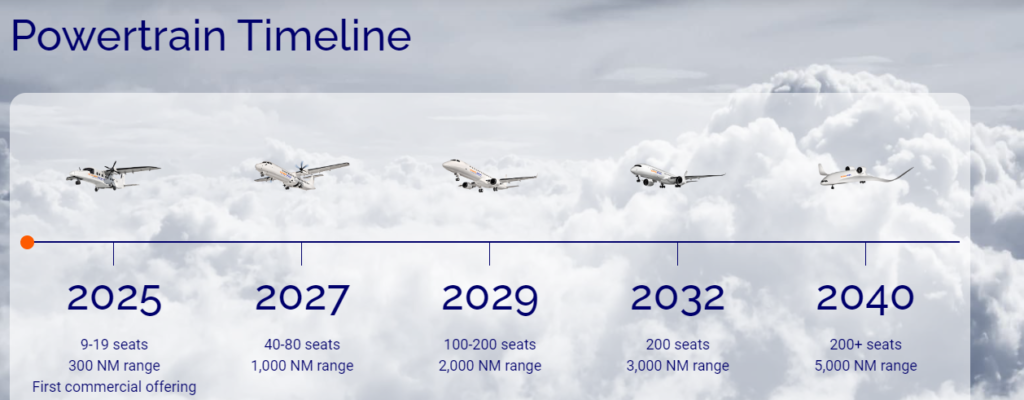ZeroAvia, a startup focused on zero emission flights, is working on developing liquid green hydrogen refueling trucks. This has sparked a lot of interest in the concept of liquid green hydrogen. The choice of liquid hydrogen is beneficial because it is more energy-dense than hydrogen gas and also more cost-effective for transportation.

ZeroAvia has received a $3.25 million award from the California Energy Commission to create a liquid hydrogen refueling truck for various heavy-duty purposes such as maritime, aviation, and other forms of transportation.
The new fuel cell refueling truck is being touted as the first of its kind and can refuel a hydrogen fuel cell jet in the same time it takes to refuel a regular jet with jet fuel.

ZeroAvia plans to focus on developing hydrogen-powered aircraft for regional transportation to meet strict time constraints. They believe fuel cell electric flight is more efficient than battery-electric flight because it has a faster turnaround time. To make hydrogen engines suitable for larger planes and increase the range of all aircraft, they believe it is necessary to use cryogenic liquid hydrogen for smaller and lighter fuel storage systems.
ZeroAvia intends to utilize hydrogen gas as fuel for its initial ZA600 electric engines, which are scheduled to be commercially available in 2025 and will be suitable for 9-19 seat passenger and cargo flights. Their subsequent objective involves developing the ZA2000 engine, which is designed for larger aircraft.

ZeroAvia is collaborating with Alaska Airlines and other partners to develop a larger aircraft, the Dash-8-400 76-seat aircraft, which will have a range of up to 700 nautical miles. It will require 1 ton of LH2 storage on board. The expected launch of this aircraft is in 2027.
Hydrogen is a versatile chemical that is widely used in various industries and products. Currently, it is primarily produced from natural gas and coal, which are fossil fuels. However, eliminating the use of fossil fuels is crucial for reducing carbon emissions and achieving global economic decarbonization, regardless of the potential market for hydrogen fuel cell electric vehicles.
Reference- ZeroAvia Newsroom, Interesting Engineering, National Geographic, Clean Technica, Green Car Congress






